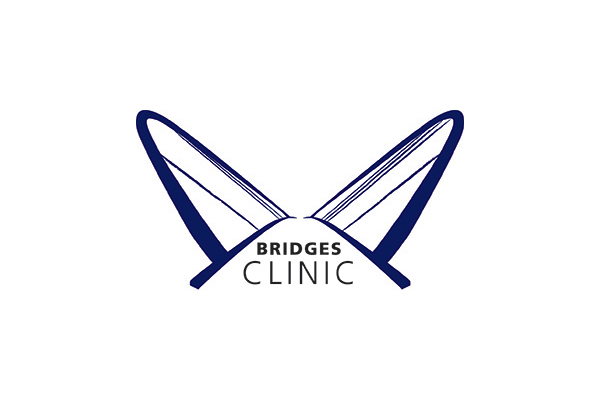A TIA or transient ischaemic attack (also known as a mini-stroke) is the same as a stroke, except that the symptoms last for a short amount of time.
Although the symptoms may not last long, a TIA is still very serious. It is a sign that there is a problem and you are at risk of having a stroke. Because of this, a TIA is often called a warning stroke.
Causes
Like a stroke, a TIA is caused by a blockage cutting off the blood supply to part of your brain.
The only difference when you have a TIA is that the blockage is temporary – it either dissolves on its own or moves, so that the blood supply returns to normal and your symptoms disappear.
The blockage is usually a blood clot, although it can also be caused by other things, such as an air bubble in your blood stream.
Blood clots form in areas where your arteries have become narrowed or ‘furred up’ by fatty deposits. If you have a heart condition, such as atrial fibrillation, blood clots can form in the heart and move up into your brain.
Diagnosis
If you, or someone you know, show any of the signs of a stroke or TIA you must call 999. If you think you have had a TIA but have not seen a doctor about it, you need to see your GP urgently.
When you go to hospital (or to your GP) you’ll be asked about the symptoms you had and how long they lasted.
If the doctor thinks that you have had a TIA, you will be referred to someone who specialises in stroke for assessment and treatment.
You should see a specialist within seven days, but if your doctor thinks you are at a high risk of having a stroke, they should make sure you see someone within 24 hours.
Treatment
When you see your stroke specialist, they may want you to have a brain scan to help them rule out anything else that could have caused your symptoms.
They will also measure your blood pressure and carry out blood tests. This is to check for conditions that could have caused your TIA, such as diabetes or high cholesterol. You may also have other tests to check for other conditions.
Once they’ve completed these tests, your specialist should talk to you about what you need to do to reduce your risk of having another TIA or a stroke.
This may mean taking medication to treat any medical conditions that could be increasing your risk. It could also mean making some changes to your lifestyle, such as giving up smoking or doing more exercise.
